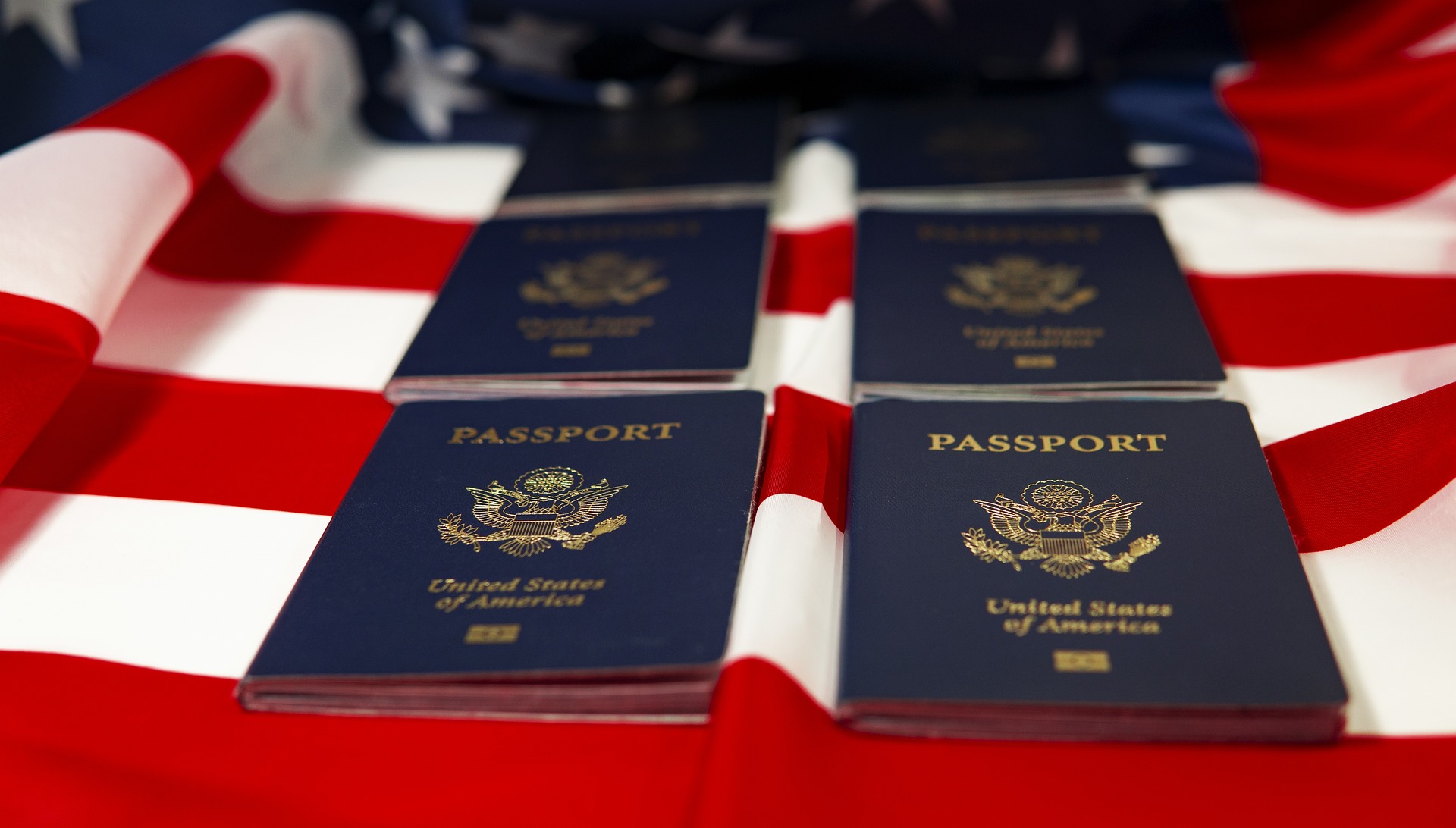The Complexity of Immigration Law in the Age of Globalization
In this era of globalization, immigration law has become a complex and challenging subject to navigate. The evolving nature of international relations and geopolitical scenarios play a significant role in shaping immigration policies worldwide. The United States, being a major destination for immigrants, is no exception. Read below to explore the intricate dynamics of immigration law and how it's being reshaped in the age of globalization.

Immigration Law: A Brief Overview
Immigration law governs the legal status of foreign citizens, with rules pertaining to how individuals can enter the country, how long they can stay, and when they must leave. These laws are primarily shaped by international agreements and domestic policies. With globalization, the need for reform in immigration law has intensified. This is due to the increased movement of people across borders for various reasons like work, education, asylum, or familial ties.
The Role of Globalization in Immigration Law
Globalization has brought about significant changes to immigration law. The ease of international travel, the demand for diverse skill sets, and the displacement of people due to conflicts or environmental issues have increased the influx of immigrants. This has necessitated the need for comprehensive and adaptive immigration legislation. Moreover, globalization has led to a more interconnected world, making it necessary for immigration laws to consider international human rights norms and bilateral agreements.
The United States and Immigration Law
The United States, being a major destination for immigrants, has a complex immigration law system. It categorizes immigrants into two groups: non-immigrants (temporary visitors) and immigrants (those seeking permanent residency). The recent trend of increased immigration, fueled by globalization, has led to significant debates and changes in U.S. immigration laws. This includes the controversial issues around DACA, the ‘Dreamers’ act, and the implementation of stricter immigration policies.
Challenges in Implementing Immigration Law
Implementing immigration law in the current age of globalization presents multiple challenges. These include ensuring national security, maintaining economic stability, and upholding human rights. Balancing these aspects while dealing with increased immigration is a complex task. In the United States, there have been debates around issues such as border security, the treatment of asylum seekers, and the legal processes for those seeking permanent residency.
The Future of Immigration Law
The future of immigration law lies in the ability to adapt to the changes brought about by globalization. This includes the creation of policies that are fair, humane, and in line with international standards. Furthermore, it calls for a cooperative approach among nations to deal with immigration issues. As societies become more globalized, immigration laws will continue to evolve, shaping the lives of millions of immigrants worldwide.
- Fact: The United States has the largest immigrant population in the world, with more than 44 million immigrants.
- Tip: Understanding immigration law can be complex. It’s advisable to seek legal advice when dealing with immigration issues.
- Fact: Immigration law is constantly evolving, with changes often linked to shifts in the geopolitical landscape.
In conclusion, immigration law is a complex field that continues to evolve in response to the changes brought about by globalization. The challenge lies in creating laws that balance the needs of the nation with the rights and welfare of immigrants. The future of immigration law will undoubtedly involve continued adaptations to these global shifts, with the aim of creating fair and effective policies.




